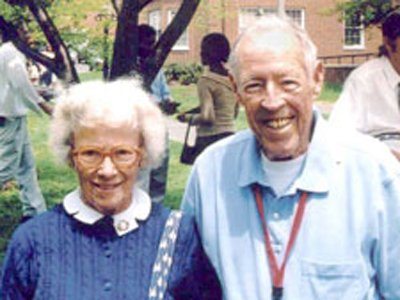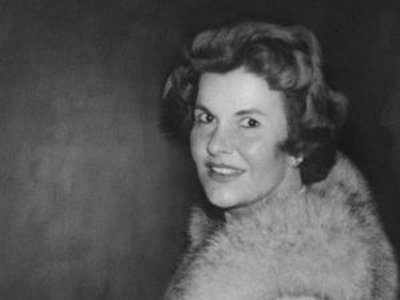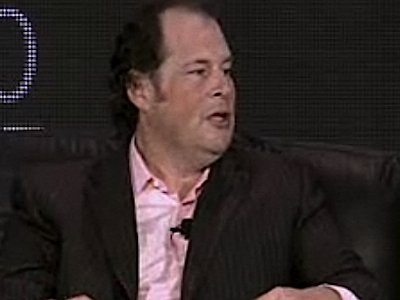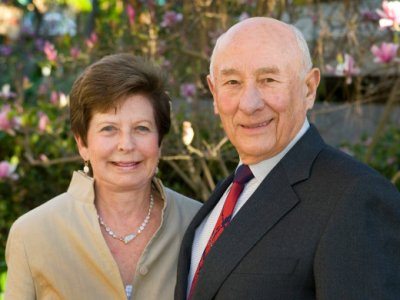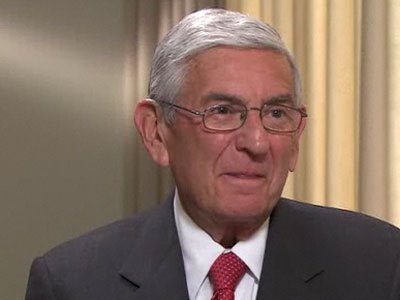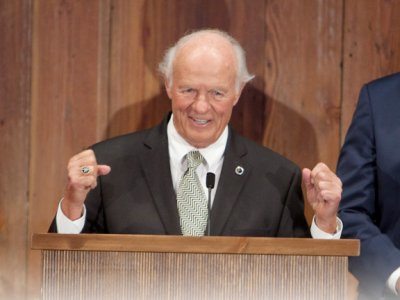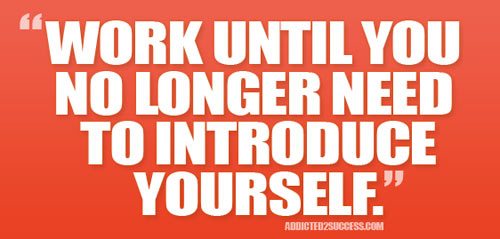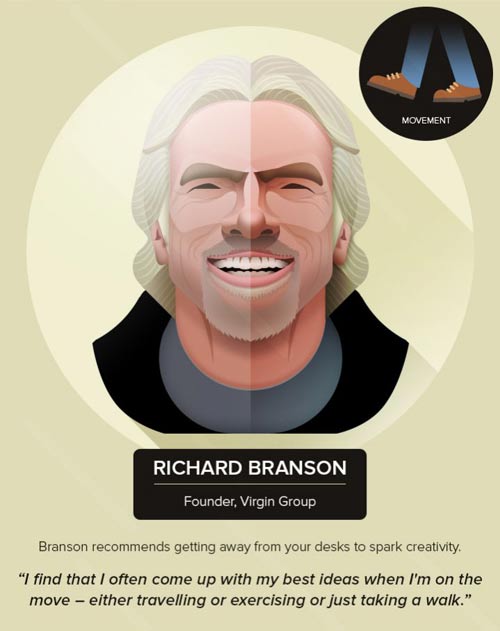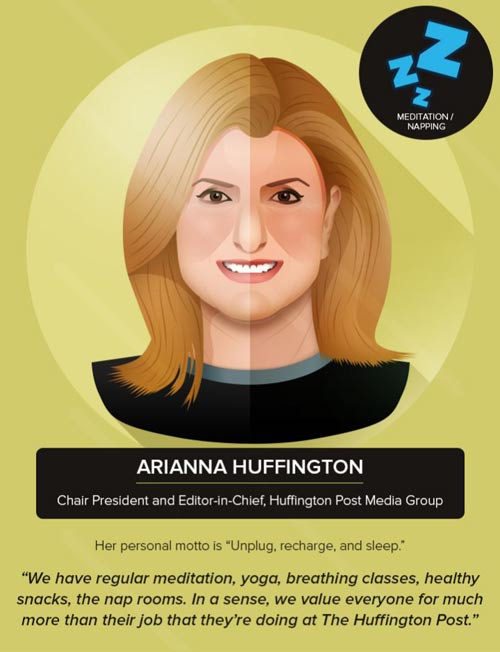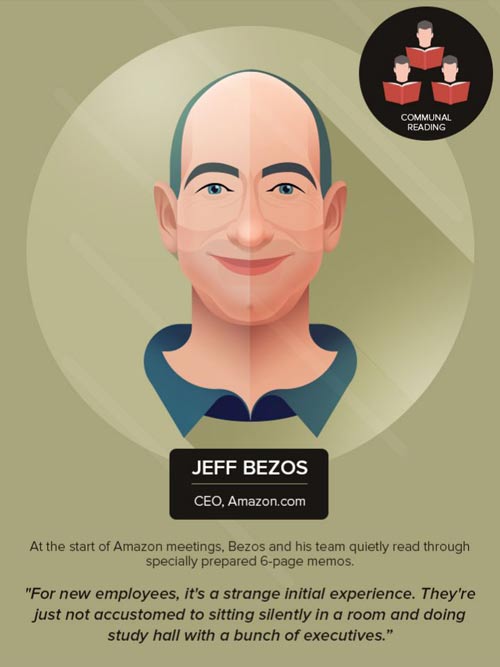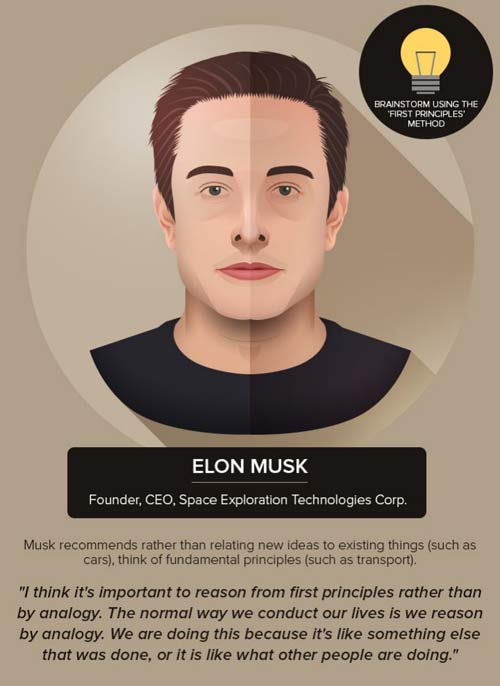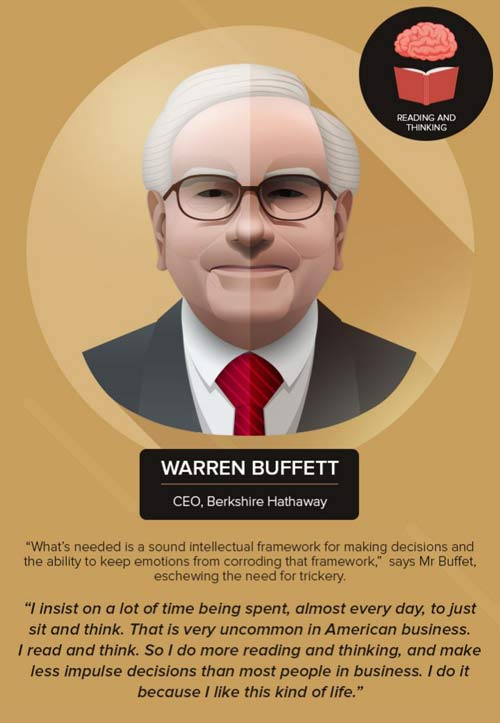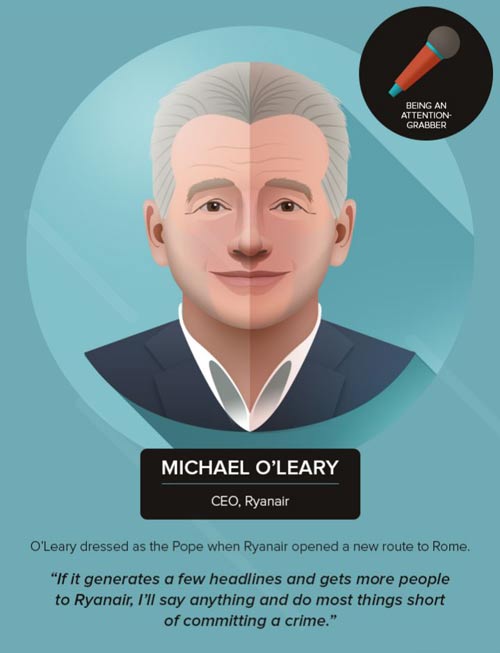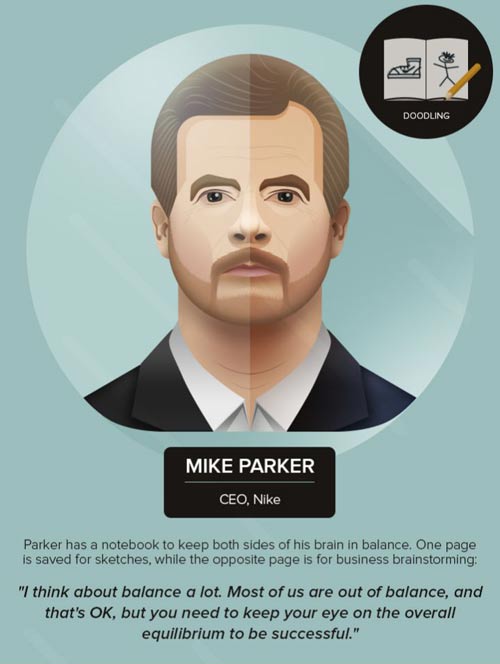I’ve seen it a million times–people equate their net
worth with their self worth. Their identity is married so deeply to
their bank statements and quarterly portfolio reports that they’ve
forgotten that money is simply a vehicle for trying to meet our needs,
almost all of which are not financial.
We’re all familiar with the cliche that money cannot
buy happiness, but I’m convinced that almost everybody has to learn that
lesson the hard way because let’s face it; the idea of having enough
money to throw at your problems until they’re solved is a seductive
impulse.
It certainly was something I constantly thought about
as a kid. Growing up, money was always out of reach. It was always a
source of stress because there was never enough of it. I remember
knocking on the neighbor’s door to ask for food for my brother and
sister and me.
Then, on a Thanksgiving Day when I was 11 years old,
something happened that changed my life forever. As usual, there was no
food in the house, and my parents were fighting. I heard someone
knocking at the front door. I opened it a crack and saw a man standing
on the steps with grocery bags filled with enough food for a big
Thanksgiving dinner. I could hardly believe it.
Fast forward several years to when I was 17. I saved
my money from working nights as a janitor and went out on Thanksgiving
and fed two families. It was one of the most moving experiences of my
life. I’d learned the joy of giving and to this day I consider
contribution to be one of the six most important things every person
needs.
Whatever emotion you’re after, whatever vehicle you
pursue—building a business, getting married, raising a family, traveling
the world—whatever you think your nirvana is, there are six basic,
universal needs that make us tick and drive all human behavior.
Combined, they are the force behind the crazy things (other) people do
and the great things we do. We all have the same six needs, but how we
value those needs and in what order, determines the direction of our
life.
Need 1: Certainty/Comfort
The first human need is the need for Certainty.
It’s our need to feel in control and to know what’s coming next so we
can feel secure. It’s the need for basic comfort, the need to avoid pain
and stress, and also to create pleasure. Our need for certainty is a
survival mechanism. It affects how much risk we’re willing to take in
life—in our jobs, in our investments, and in our relationships.
The higher the need for certainty, the less risk
you’ll be willing to take or emotionally bear. By the way, this is where
your real “risk tolerance” comes from.
Need 2: Uncertainty/Variety
Let me ask you a question: Do you like surprises?
If you answered “yes,” you’re kidding yourself! You
like the surprises you want. The ones you don’t want, you call problems!
But you still need them to put some muscle in your life. You can’t grow
muscle—or character—unless you have something to push back against.
Need 3: Significance
We all need to feel important, special, unique, or
needed. So how do some of us get significance? You can get it by earning
billions of dollars, or collecting academic degrees—distinguishing
yourself with a master’s or a PhD. You can build a giant Twitter
following. Or you can go on The Bachelor or become the next Real
Housewife of Orange County. Some do it by putting tattoos and piercings
all over themselves and in places we don’t want to know about.
You can get significance by having more or bigger problems than anybody else. “You think your husband’s a dirt bag, take mine for a day!” Of course, you can also get it by being more spiritual (or pretending to be).
Spending a lot of money can make you feel significant,
and so can spending very little. We all know people who constantly brag
about their bargains, or who feel special because they heat their homes
with cow manure and sunlight. Some very wealthy people gain
significance by hiding their wealth. Like the late Sam Walton, the
founder of Wal-Mart and for a time the richest man in America, who drove
around Bentonville, Arkansas, in his old pickup, demonstrating he
didn’t need a Bentley—but of course, he did have his own private fleet
of jets standing by.
Significance is also a money maker—that’s
where my dear friend Steve Wynn has made his fortune. The man who made
Las Vegas what it is today knows people will pay for anything they
believe is “the best,” anything that makes them feel special, unique or
important, anything that makes them stand out from the crowd. He
provides the most exclusive, luxurious experiences imaginable in his
casinos and hotels—they are truly magnificent and unmatched in the
world.
Need 4: Love & Connection
The fourth basic need is Love and Connection.
Love is the oxygen of life; it’s what we all want and need most. When
we love completely we feel alive, but when we lose love, the pain is so
great that most people settle on connection, the crumbs of love. You can
get that sense of connection or love through intimacy, or friendship,
or prayer, or walking in nature. If nothing else works, you can get a
dog.
These first four needs are what I call the needs of the personality.
We all find ways to meet these—whether by working harder, coming up
with a big problem, or creating stories to rationalize them. The last
two are the needs of the spirit. These are more rare—not everyone meets
these. When these needs are met, we truly feel fulfilled.
Need 5: Growth
If you’re not growing, you’re dying.
If a relationship is not growing, if a business is not growing, if
you’re not growing, it doesn’t matter how much money you have in the
bank, how many friends you have, how many people love you—you’re not
going to experience real fulfillment. And the reason we grow, I believe,
is so we have something of value to give.
Need 6: Contribution
Corny as it may sound, the secret to living is giving. Life’s not about me; it’s about we.
Think about it, what’s the first thing you do when you get good or
exciting news? You call somebody you love and share it. Sharing enhances
everything you experience.
Life is really about creating meaning.
And meaning does not come from what you get, it comes from what you
give. Ultimately it’s not what you get that will make you happy long
term, but rather who you become and what you contribute will.
Now think about how money can fulfill the six human
needs. Can money give us certainty? You bet. Variety? Check. Obviously
it can make us feel important or significant. But what about connection
and love? In the immortal words of the Beatles, money can’t buy you
love. But it can buy you that dog! And it can, unfortunately, give you a
false sense of connection because it attracts relationships, although
not always the most fulfilling kind. How about growth? Money can fuel
growth in business and in learning. And the more money you have, the
more you can contribute financially.
But here’s what I truly believe: if you value
Significance above all else, money will always leave you empty unless it
comes from a contribution you’ve made. And if you’re looking for
significance from money, it’s a high price to pay. You’re looking for
big numbers but it’s unlikely you’ll find big fulfillment.
The ultimate significance in life comes not from
something external, but from something internal. It comes from a sense
of esteem for ourselves, which is not something we can ever get from
someone else. People can tell you you’re beautiful, smart, intelligent,
the best, or they can tell you that you are the most horrible human
being on earth—but what matters is what you think about yourself.
Whether or not you believe that deep inside you are continuing to grow
and push yourself, to do and give more than was comfortable or you even
thought possible. The wealthiest person on earth is one who appreciates.














